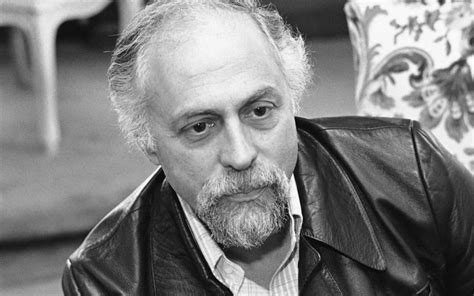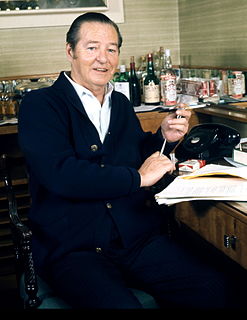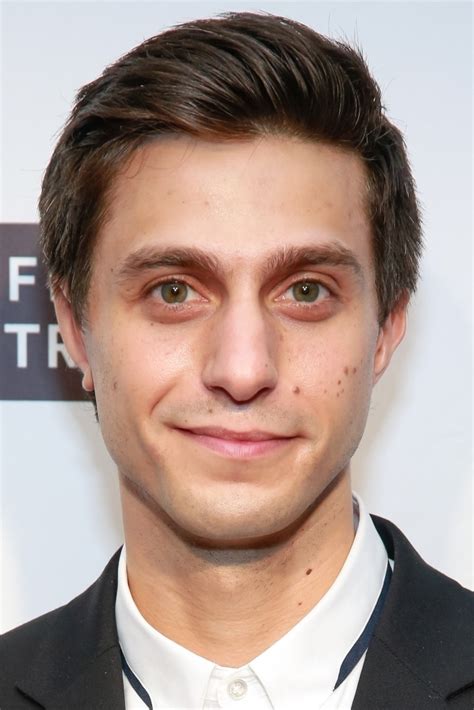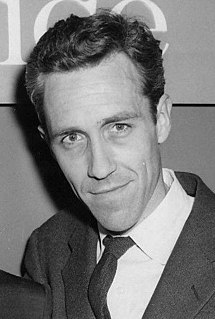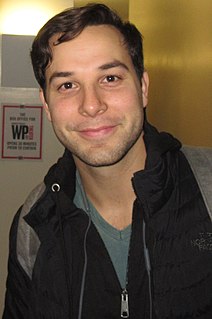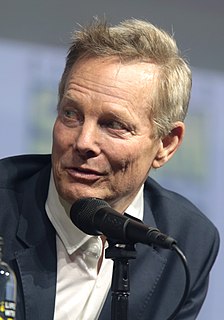A Quote by Anton Chekhov
Sometimes we go to a play and after the curtain has been up five minutes we have a sense of being able to settle back in the arms of the playwright. Instinctively we know that the playwright knows his business.
Related Quotes
By some curious mischance, a couple of my plays managed to hit an area where commercial success was feasible. But it's wrong to think I'm a commercial playwright who has somehow ceased his proper function. I have always been the same thing - which is not a commercial playwright. I'm not after the brass ring.
A playwright, especially a playwright whose work deals very directly with an audience, perhaps he should pay some attention to the nature of the audience response - not necessarily to learn anything about his craft, but as often as not merely to find out about the temper of the time, what is being tolerated, what is being permitted.
Any actor worth his salt is looking for truth, the core of truth of the particular situation he is portraying, of that play. The playwright, the actors and the audience, that's what we're all there seeking. When it's working, time is destroyed. Sometimes 'Moon,' a play of four hours, would go by in a snap of the fingers.
Sometimes the show needs that kick in the ass so being able to sing a Nirvana song kind of takes it there. I've grown up putting on extravagant shows with Girl Talk so when I'm playing I like to go nuts. After 30 minutes of pointing and clicking it's nice to scream into a microphone for three minutes.



